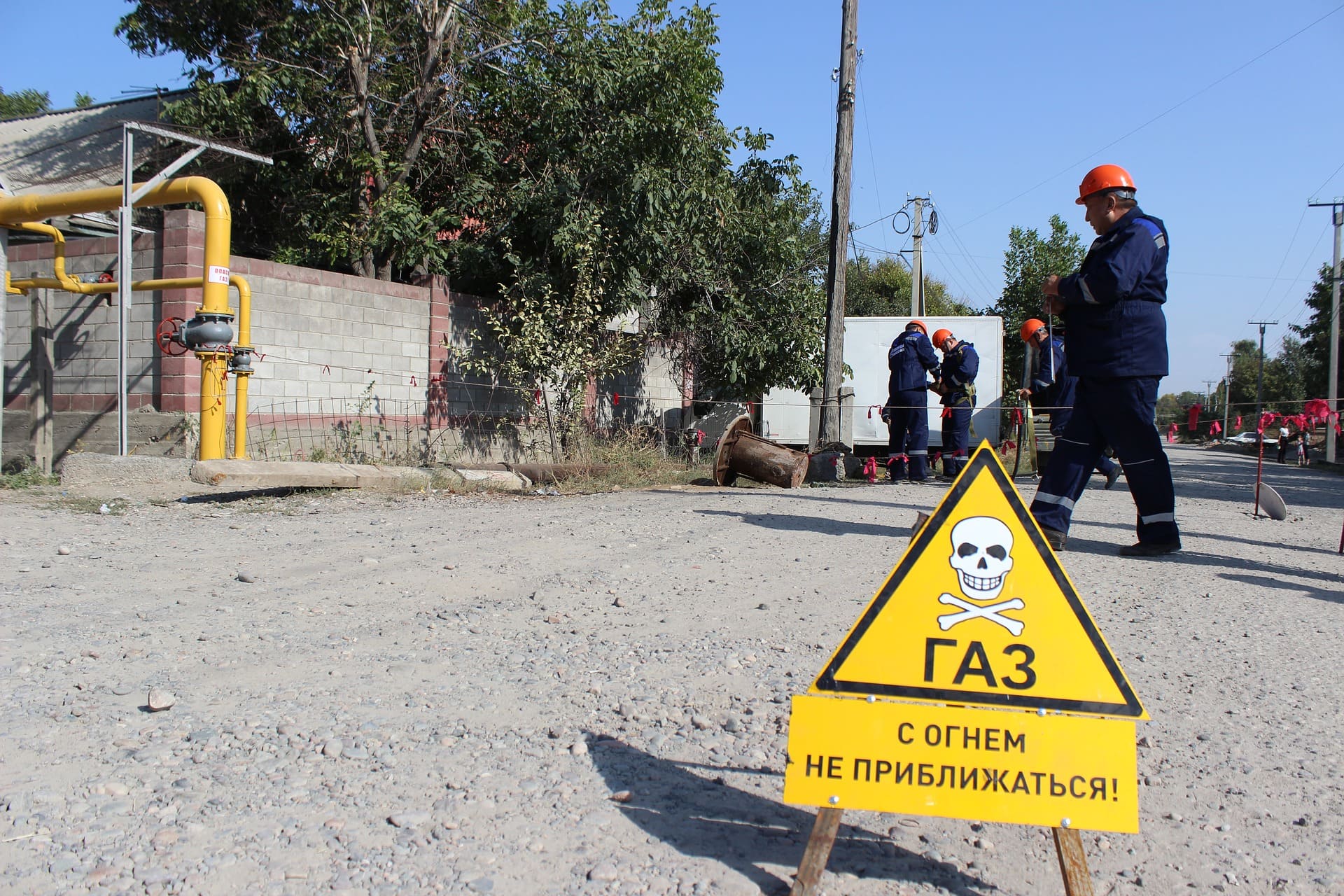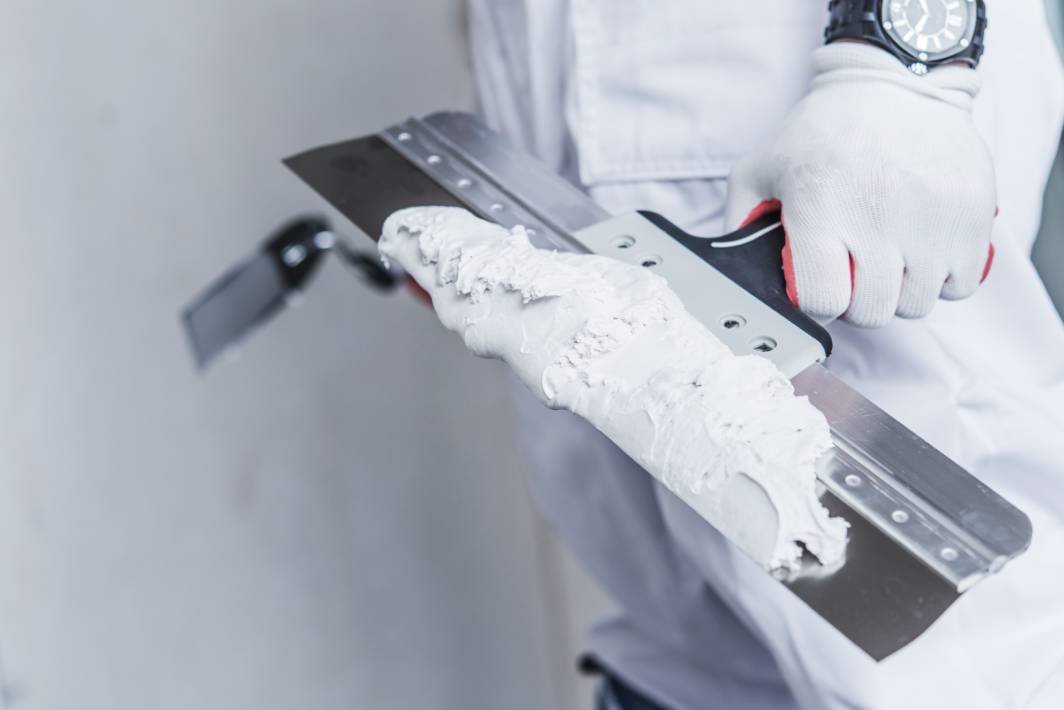Why Does My House Smell Like Rotten Eggs: 4 Possible Reasons
-

- Last updated:

The smell of rotten eggs is easily distinguishable but understandably not a scent you want stuck in your house. Until the problem is solved, it’s important to avoid lighting matches because there is a chance of a flammable gas leak. We’ll discuss the most common reasons for the foul odor and how to eliminate it, but unfortunately, each solution requires a professional’s help. Natural gas, sewer gas, toxic drywall, and mold cannot be addressed with DIY techniques.
Why Does My House Smell Like Rotten Eggs (4 Possible Reasons)
1. Natural Gas Leak

The most common cause of a rotten egg smell is a natural gas leak. If the smell is strong and you suspect a gas leak, exit your house and call 911 from a safe location. The odor is not natural gas but of mercaptan, a substance utility companies inject into the gas lines.
It acts as a warning so people recognize when gas is leaking since natural gas holds no odor. If you are not sure it is a natural gas leak, you should still vacate the house and call your utility company.
2. Sewer Gas Leak

Another cause for the smell is sewer gas. It is a more likely culprit if you are experiencing any health issues, such as headaches, fatigue, dizziness, or loss of appetite. Sometimes, the source of the sewer gas is the bathroom.
The trap way in your toilet may be clogged, and if you cannot resolve the issue with a plunger or snake, contact a professional plumber. The smell could also be caused by a clog in the lines connecting to your home, which will also require a plumber to fix it.
3. Toxic Drywall

If your plumber has assured you it is not a natural gas leak or sewer gas leak but you still smell of rotten eggs, there could be an issue with your drywall. Humidity in the air can cause sulfur in the drywall to give off a gas that can cause health problems and corrode exposed copper pipes or wiring in your home.
If you have toxic drywall in your house, it is not a DIY job. You must call a professional to have the sheets ripped out and replaced.
4. Mold

If there is just a faint rotten egg odor in your home, it could be because of a mold problem and not a gas leak. Some homeowners have described the smell of mold as similar to that of dirty socks. You may not see it if it’s growing behind the drywall, but it’s best to call a professional to inspect your property for mold.
The mold and smell could also be coming from your garbage disposal. Odor-causing bacteria reside in sinks and garbage disposals. To sanitize your disposal, put a few ice cubes, a tablespoon of baking soda, three or four lemon slices, and a teaspoon of bleach into the disposal, and turn it on. When the grinding stops, run the cold water tap for 30 seconds. This should clear the bacteria as well as the smell.
 Final Thoughts
Final Thoughts
Our tips should help you identify why your house smells like rotten eggs and hopefully give you a quick and effective fix. Whether the smell is hydrogen sulfide gas or toxic mold, it’s essential to resolve the issue promptly. Toxic mold and gas can cause severe medical issues and make your home unlivable. If you experience any symptoms related to the odor, don’t hesitate to get medical assistance.
Related Read:
- Why does my House Smell like Fish: 8 Possible Reasons
- HOW TO MAKE YOUR HOME SMELL AMAZING (10 EASY METHODS)
Featured Image Credit: Pixabay
Contents

